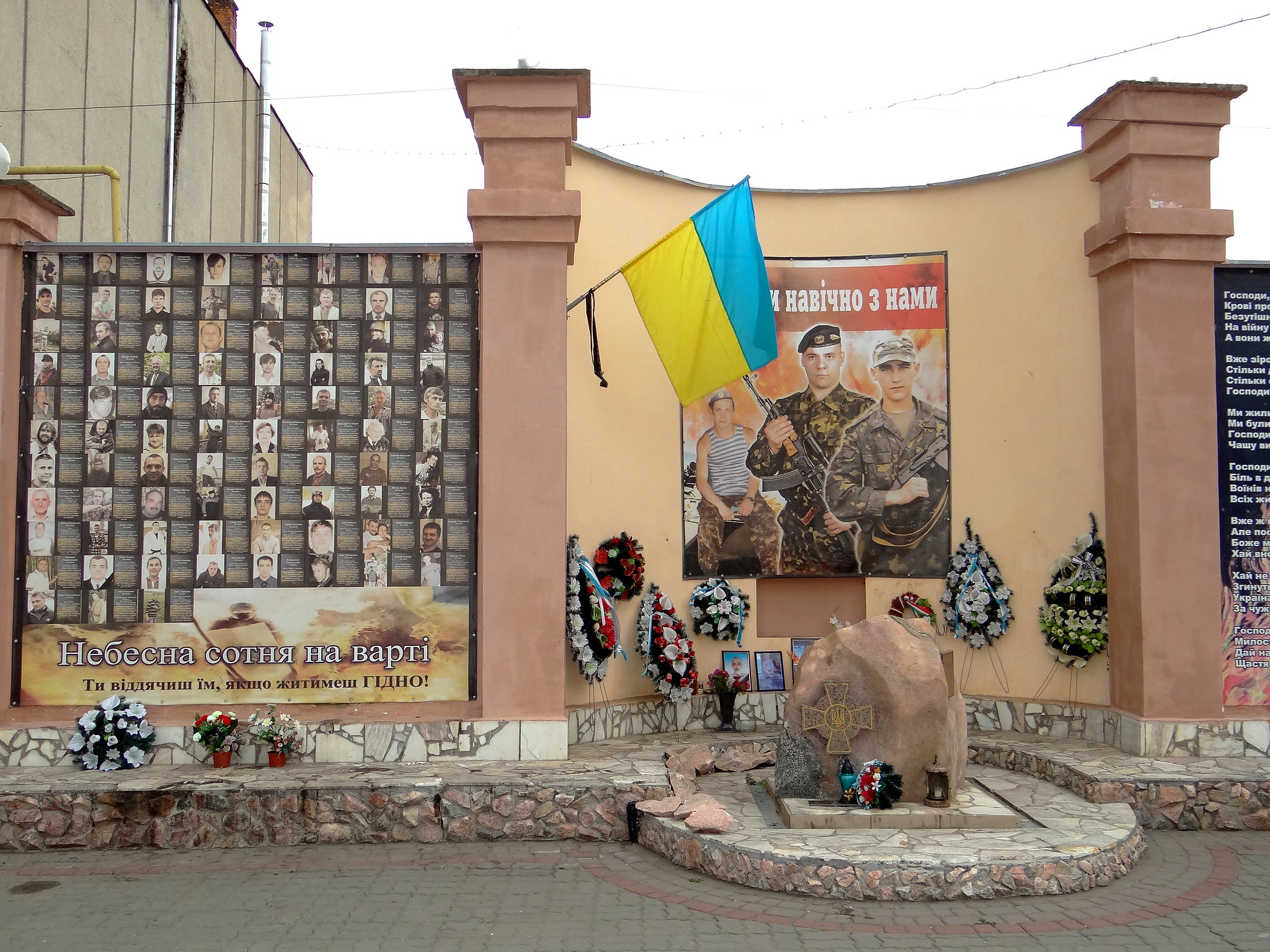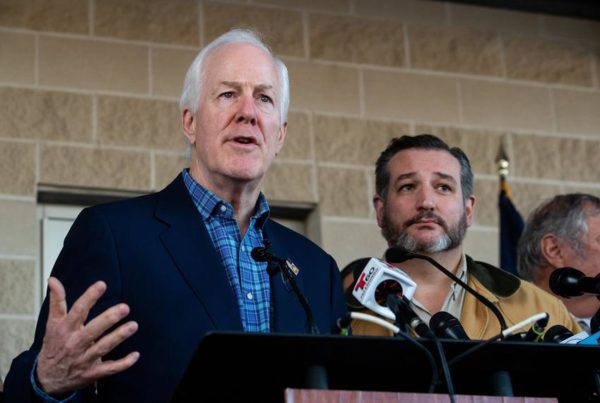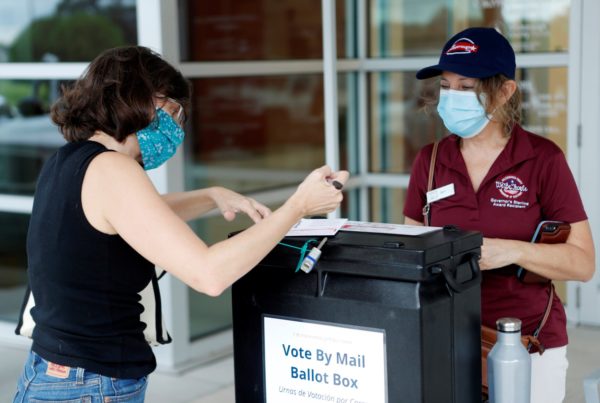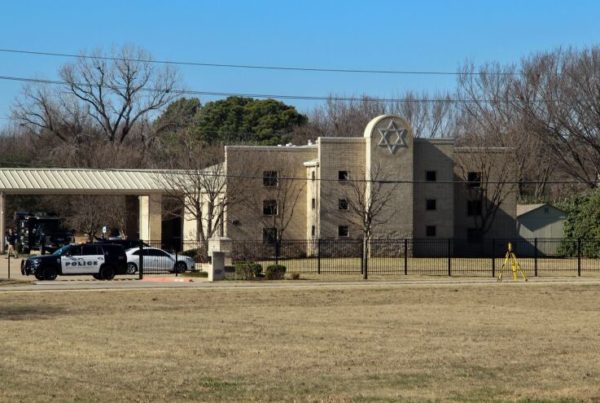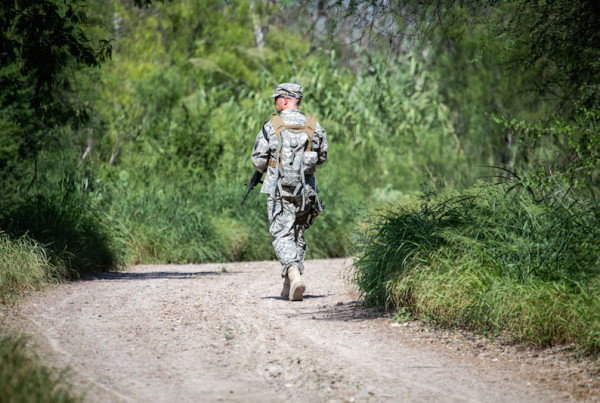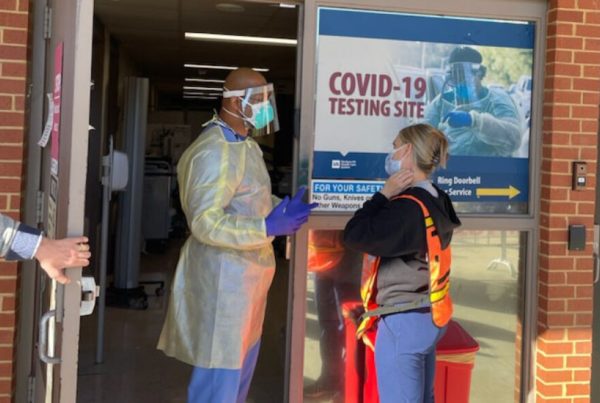For several weeks Russia has been building up troops along its border with Ukraine. And just last week a massive cyber-attack crippled Ukrainian government websites.
So far, no progress has been made by U.S. and NATO diplomats to get Russia to scale back its efforts. Mark Pomar a national security fellow at the University of Texas at Austin’s Clement’s Center for National Security, says the situation says the current tensions could exacerbate an already existing, “low-grade war” in eastern Ukraine. Listen to the interview with Pomar in the audio player above or read the transcript below to learn more about why he says the Biden administration needs to convey “resilience and toughness” in its negotiations with Russian President Vladimir Putin.
This interview has been edited lightly for clarity.
Texas Standard: How much of this is genuine saber rattling, and how likely is it that Russia may actually send its forces across the border?
Mark Pomar: I think Putin’s strategy has always been to keep everyone off balance. And so by having both the ground troops there, as well as the ability to do cyber warfare or to bomb, puts everyone on notice to be nervous about what steps he may take. He wants to keep people off balance, and that’s very, very important.
The reason for amassing troops, I think, also has to do with domestic Russian politics where you’ve got a failing economy, you’ve got a coronavirus pandemic that’s not going well. So in those kinds of situations, Putin has relied on rallying patriotic feeling by telling Russians that they’re about to be attacked, that they need to stand up, asserting power. And those, of course, are very good for boosting his ratings.
Last week, after talks between Russia, the United States and its European allies, Ukrainian government websites were hit by a cyberattack. Do you believe Russia is responsible for that attack?
Well, most probably they are. And remember, Russia has been doing cyberattacks against East European countries for many years, including against Ukraine just a while ago, and against the United States and other countries. So this is a proven tactic, and it may very well be that the cyberattacks is a way of putting Ukraine down without necessarily incurring additional sanctions that the Biden administration has indicated it would place. So it’s a game that is being played. Everyone is kept off balance. That’s the key for Putin.
Does Putin really want Ukraine, or is this primarily about extending Russia’s sphere of influence in the region and putting NATO on its heels?
I think that’s a combination of reasons. I think there is, and Putin definitely, remember, he said, that the fall of the Soviet Union, the collapse of the Soviet Union, was a great tragedy. There is a desire on the part of him and his close cohorts to recreate – there’s empire nostalgia in Russia. There’s definite empire nostalgia, superpower nostalgia, and one way of doing it is by asserting if, de facto, if not necessarily de jure, control over former republics – whether that’s Kazakhstan, Central Asia, Ukraine or Belarus – the sense that Russia is a major power depends on its size and its sphere of influence, as has been developed over over centuries in Russia. So I think that’s a motivating factor. There’s also the sense that Putin has of being the gatherer of Russian lands, that he brought and made Russia a successful power after it had collapsed in the ’90s.
What’s the likelihood of war erupting over Ukraine this year?
There is a likelihood. I think we need to be on guard that there could be a rash decision of moving tanks into Ukraine. Remember, there’s a war going on. People forget that there is a constant, low-grade war in eastern Ukraine in the Donbas. And that could easily be escalated. And that is something that we should be watching very carefully.
I’m hoping the Biden administration could do two things at the same time: they can continue diplomatic negotiations and try to prevent that from happening, while at the same time showing resilience and toughness to keep our – because when Putin senses weakness, he will move sooner than when he senses toughness. So it’s a tough job for the Biden administration to do two things at the same time. I hope and pray that they are able to do that effectively.


